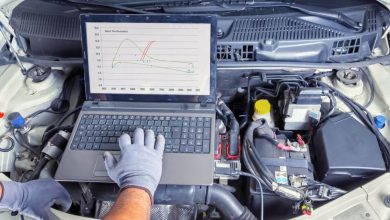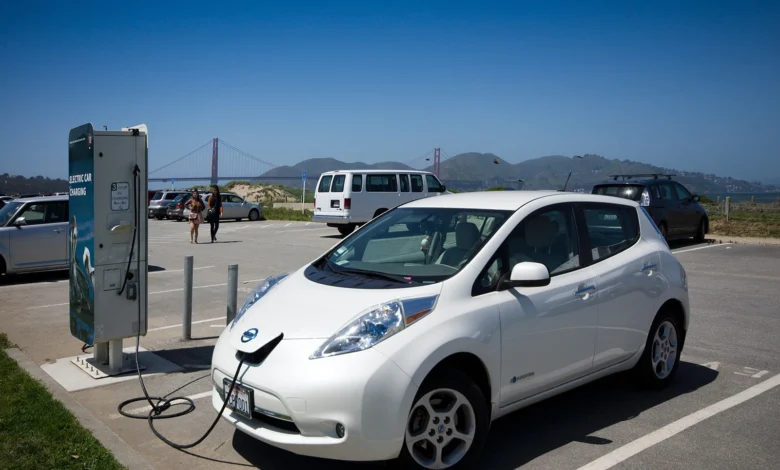
The Pros and Cons of Buying Used Electric Vehicles
Did you know that in 2021, over 630,000 electric cars were sold in the United States alone?
Buying an electric car is a smart choice. With so many options, including electric motorbikes and electric scooters, how do you know which one is best for you?
But if you’re on a tight budget, purchasing a new electric car can be cost-prohibitive. Electric vehicles are still very pricey and the most advanced technologies are still too expensive for the average consumer.
Buying used has its own set of pros and cons. Here are some things to consider when purchasing used electric vehicles.
What are Electric Vehicles?
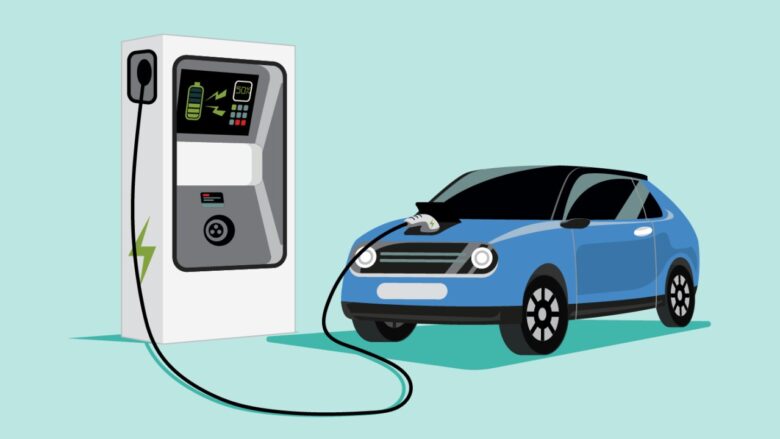
Electric vehicles are the future of transportation worldwide. They’re clean, cheap to operate, and easy on the environment.
Electric vehicles (EVs) are powered by an electric motor instead of an internal combustion engine. EVs are fueled by electricity from off-vehicle sources such as a charging station or onboard sources such as a battery.
Different types of EVs include battery electric vehicles and hybrid electric vehicles. EVs run more quietly than combustion engine vehicles. This is because all of their power comes from an electric motor.
Additionally, they have no tailpipe emissions and require less maintenance. EV batteries can be recharged through the grid or solar power. This makes them more eco-friendly than traditional combustion cars.
EVs are becoming popular nowadays, especially for those looking for an environmentally friendly and cost-effective way of transportation.
Pros of Buying Pre-Owned EVs
There are many pros to buying pre-owned electric vehicles. First, pre-owned EVs have already undergone initial depreciation. They also depreciate slower than their gasoline counterparts. Additionally, pre-owned EVs also come with warranties. This is important as it reduces the chance of spending on expensive repairs down the line.
Another major pro of buying a pre-owned EV is the significantly reduced up-front cost. Pre-owned EVs may be up to 10-20% cheaper than a new one, making them more accessible for those who may not have the budget for a brand-new EV.
Finally, pre-owned EVs may already come with extras, such as a charging station, reducing the need for extra investments down the line. Buying a pre-owned electric vehicle may be an excellent option for those looking for a reliable economical vehicle on a budget.
Risks and Drawbacks of Used EVs
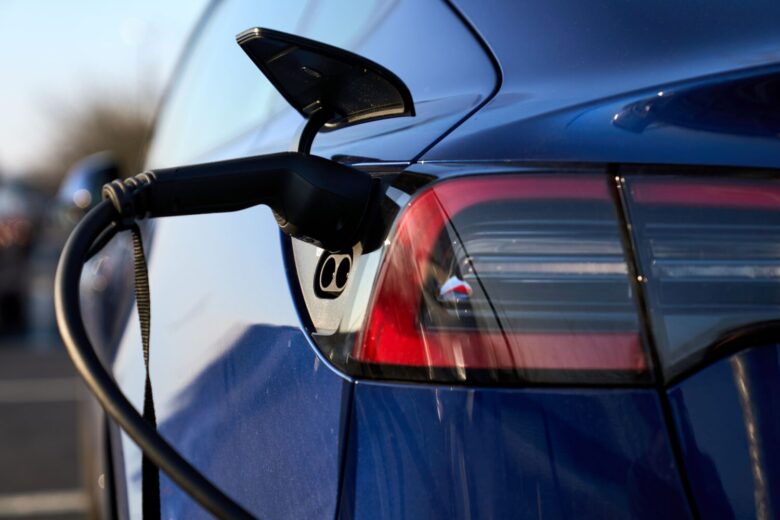
Used EVs can be advantageous for those looking to save money upfront and reduce their carbon footprint. However, some risks and drawbacks come with purchasing a used EV.
Used EVs often have less available information than a new vehicle about the history and maintenance of the vehicle. The owner may have made modifications to the car that were not authorized.
A pre-owned EV may also have been the victim of natural wear and tear or significant damage due to being part of an accident. They may have reduced battery capacity from the original or even gone to a lower range.
This reduction in range or battery life can be extremely inconvenient and unfortunately, battery replacements for used EVs can cost a lot. Additionally, repairs to EV electronics, such as the motor or powertrain, may be more expensive since those parts are typically specialized and may be hard to find. When it comes to used EVs, it is essential to do your research.
For these reasons, buyers should carefully weigh the risks and drawbacks of used EVs before entering into long-term ownership.
Important Details to Check When Buying Used Electric Vehicles
When buying an electric car, it is crucial to check several key features that may determine the vehicle’s value. First, check the condition of the exterior and interior of the car, including the paintwork, the battery life, and the overall condition of the interior. Taking the car for a spin is essential to ensure that the brakes, suspension, and transmission are working as intended.
Additionally, check for any signs of rust or corrosion, as this can indicate a malfunction in the car’s electric system. This inspection should also extend to the battery pack to check for leakage or damage.
Next, check the maintenance record of the car from the previous owner to ensure that the vehicle has been well-maintained and serviced. If the vehicle has been in any accidents, be sure to note this and check for any frame damage.
Moreover, take a look at the car’s history report to ensure that all essential repairs and services like Honda maintenance were done correctly and effectively. If all these details are checked, the car is ready to buy.
How to Locate Reliable Pre-Owned EVs
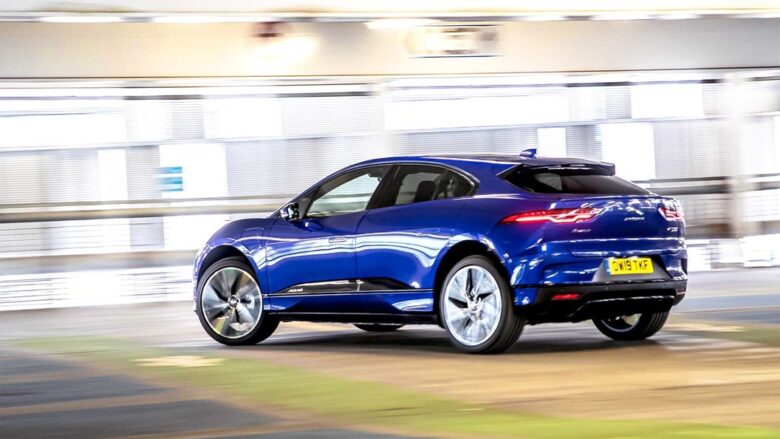
When looking for reliable preowned EVs, there are a few steps to ensure you get the best deal and most reliable vehicle for your money. First, research what make and model of EV may best suit your needs and budget.
Next, consider checking out online EV sales sites and classifieds for deals, visiting local dealerships, and checking out their used EVs. Make sure to read reviews and ask any questions you have. It is also worth having a qualified mechanic review the motor and battery before committing to the purchase.
Another good option is to contact your local electric vehicle association for tips and advice on finding reliable preowned EVs. Finally, ensure you have a valid warranty on the used vehicle to protect you in case of any mechanical or electrical issues.
These Simple Guide Will Help You Find Your Own Used Electric Vehicles
Buying used electric vehicles can be a cost-effective and eco-friendly option, but there are risks to consider. Careful research and due diligence are important to weigh the pros and cons of buying a used electric vehicle.
Get started today by researching your options and evaluating your finances to help you drive away with a used electric vehicle that fits both your budget and needs!
Did this guide help you? Browse the rest of this section for more advice on a variety of useful and exciting topics.

